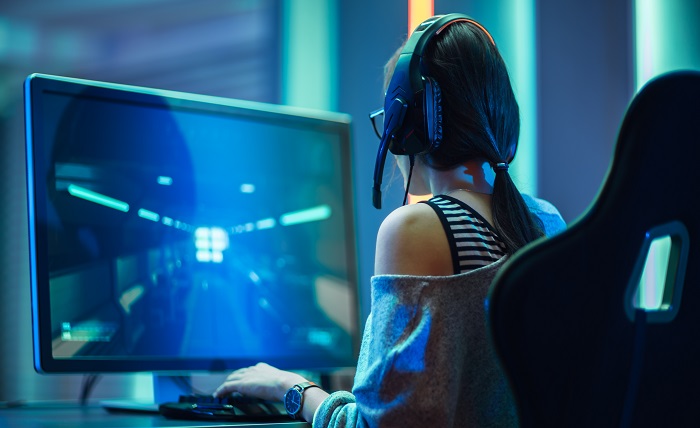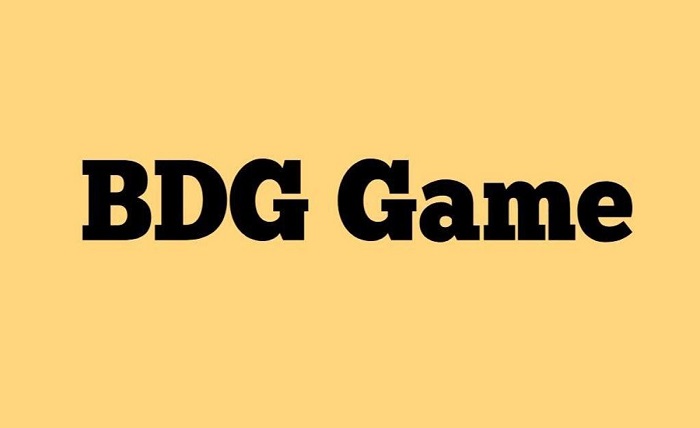Online Gaming and Mental Health: A Balanced Perspective
In the digital age, online gaming has emerged as a dominant form of entertainment. From immersive role-playing games to quick mobile challenges, the gaming landscape is vast and ever-evolving. While gaming often gets associated with negative stereotypes—such as addiction or isolation—there’s another side to the story that deserves attention. When approached mindfully, online gaming can offer surprising mental health benefits. The key is balance.
The Positive Side of Online Gaming
- Cognitive Benefits:
Many games demand quick thinking, strategic planning, and problem-solving. Puzzle games, for example, can enhance memory and focus. Multiplayer battle arenas or real-time strategy games require multitasking and decision-making under pressure—skills that translate into real-life scenarios.
- Stress Relief and Escapism:
Gaming can offer a healthy escape from day-to-day stress. Immersing oneself in a virtual world can act as a temporary distraction, providing a break that refreshes the mind. Some gamers report that playing online games helps them cope with anxiety or decompress after a long day.
- Social Connections:
Contrary to the belief that gaming promotes isolation, many online games foster community. Whether it’s teaming up with friends in a cooperative mission or chatting with other players, games can serve as a platform for meaningful social interaction. Especially during periods of lockdown or remote living, online gaming has helped people stay connected.
The Challenges of Excessive Gaming
However, it’s essential to address the potential pitfalls of excessive gaming. Like any activity, too much of it can impact mental and physical well-being.
- Gaming Disorder:
The World Health Organization recognizes gaming disorder as a condition where gaming behavior takes precedence over other activities, despite negative consequences. Warning signs include neglecting responsibilities, disrupted sleep patterns, and social withdrawal. - Emotional and Psychological Effects:
Spending too much time in online gaming environments—particularly competitive ones—can sometimes lead to increased stress, frustration, or even aggression. The pressure to win or maintain rankings may add to anxiety rather than alleviate it. - Sedentary Lifestyle:
Extended gaming sessions can lead to a lack of physical activity, which is closely tied to both physical and mental health. It’s crucial for gamers to take breaks, move around, and maintain a healthy routine outside the screen.
Striking a Healthy Balance
Here are a few practical tips to maintain a positive relationship with online gaming:
- Set Time Limits: Use alarms or apps to manage your gaming time.
- Stay Active: Balance screen time with physical exercise.
- Prioritize Sleep: Avoid late-night gaming marathons that disrupt your sleep schedule.
- Engage in Other Hobbies: Make room for offline activities to diversify your mental stimulation.
- Stay Connected: Use gaming as a way to enhance social bonds, not replace them.
Whether you’re into fantasy MMORPGs, casual mobile games, or genres like poker online and slotqq, moderation is key. Gaming should enhance your life, not consume it.
Final Thoughts
Online gaming, like any powerful tool, has the potential to both support and challenge mental health. The goal isn’t to demonize or glorify it, but to understand how to engage with it healthily. With self-awareness and boundaries, gamers can enjoy the cognitive and emotional benefits of play without compromising their mental well-being.







